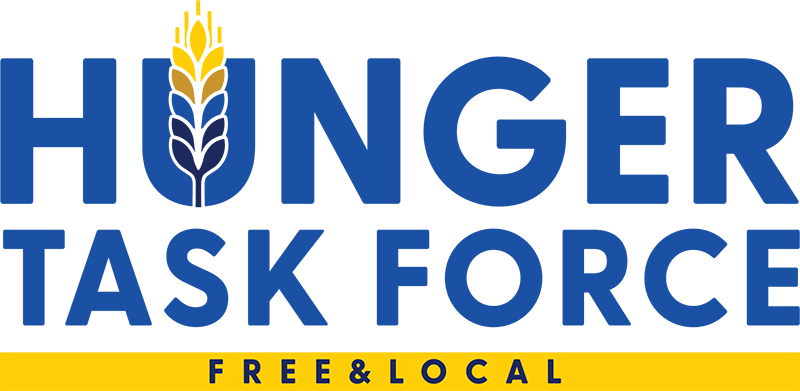Food is a Human Right: Hunger Persists in Wisconsin
Hunger persists in Wisconsin. Throughout the pandemic, a good deal of federal financial assistance streamed to states and communities to address the pandemic’s impact on unemployment, supply chain interruptions and inflation.
Free food provided by charities won’t solve lasting hunger. Hunger Task Force has distributed tens of millions of pounds of food each year since the start of the pandemic, yet the problem of hunger across Wisconsin persists. Providing help for today or this week doesn’t address systemic economic disparities.
Ending hunger in Wisconsin, a state that produces far more food than its citizenry can consume, shouldn’t be that difficult. Still, in Milwaukee the incidence of poverty is 18.3%, and where there is poverty, hunger follows. This is not just a Milwaukee problem. From far north in Ashland County where the poverty rate is 16.1%, or Grant County in the southwest where 15.1% of folks live in poverty, hunger affects every region of our state: urban, rural and remote.
There is an existing solution that can feed people today, tomorrow and next year. The solution is called the Supplemental Nutrition Assistance Program, or SNAP. SNAP provides low-income households struggling to make ends meet with food buying power each month until they are back on their feet. This 100% federally funded program has been around for decades—we used to call it “Food Stamps.”
In Wisconsin, SNAP is called FoodShare. FoodShare has been criticized in the past as creating dependency. People who got FoodShare were suspected of drug use and work avoidance. But when the pandemic hit and record numbers of Wisconsinites lost their jobs, they turned to FoodShare to get help with food. Suddenly almost everyone knew someone who needed FoodShare—a brother, a friend, a co-worker.
FoodShare not only fed people during the pandemic, but it stimulated our agricultural and food producing economy. Farmers, food producers, grocery store workers and truck drivers became essential workers and people buying food helped them to continue working. FoodShare also has an economic multiplying effect. Did you know that every dollar in FoodShare spent multiplies to between $1.22 and $1.50, and over 95% of benefits are redeemed at stores and markets? FoodShare creates jobs and supports the local food economy.
Due to a federal increase in FoodShare related to the Public Health Emergency, about $167 million dollars in federal FoodShare funding has been placed on debit cards monthly throughout Wisconsin—including $60 million monthly in Milwaukee—and eligible households have shopped for the foods they needed and preferred at the grocery store. Most may be surprised to learn that Hunger Task Force’s local food pantry network witnessed a historic decrease in demand for emergency food during the pandemic. FoodShare works. It takes families out of food pantries.
Here’s the punchline—FoodShare is still terribly under enrolled. While there are 238,000 people in Milwaukee receiving FoodShare, there are 92,000 likely eligible but still not receiving benefits, which means Milwaukee is losing out on $23 million each month that could feed families and support our local economy. This same problem is true across Wisconsin where there are 695,000 people receiving FoodShare but many thousands more still not receiving this basic form of help.
With the Public Health Emergency still in effect through at least January 2023, individuals can receive an increased monthly FoodShare benefit of $250, compared to the $20 per month benefit of pre-pandemic levels. These families need the help as food prices reach unnatural highs, and so do our local grocers and farmers.
It’s time to re-think how people with limited cash reserves put food on the table and the impact this program has on our local economy. The time to act is now. Let’s fully enroll the FoodShare program and end the stress of being hungry in the Dairy State.
Op-Ed Written by Sherrie Tussler, Executive Director, Hunger Task Force

